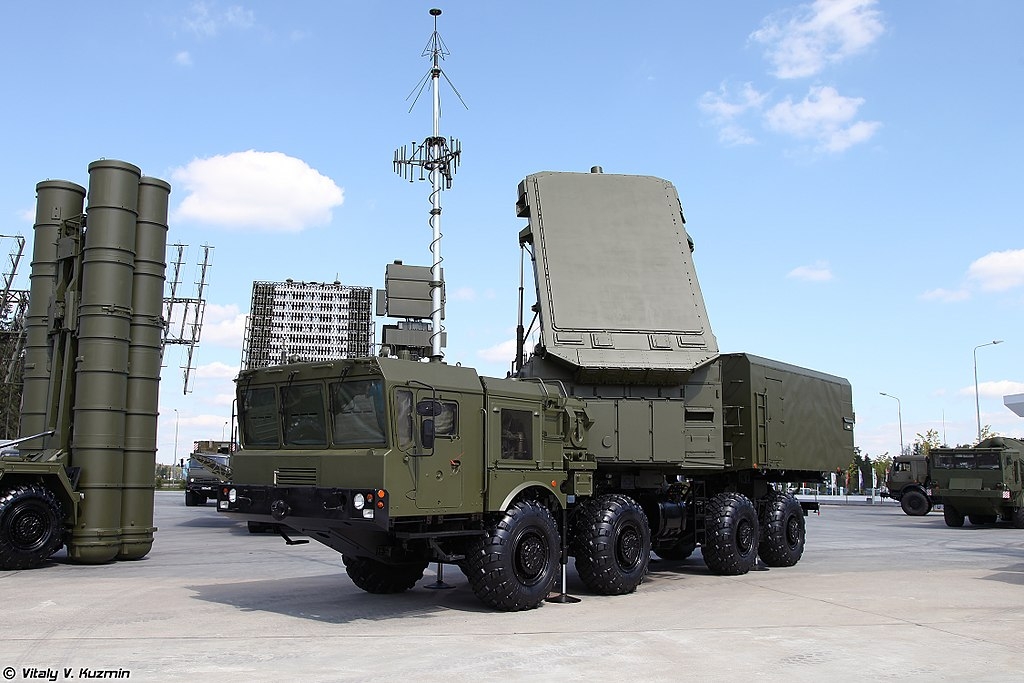|
In this mailing:
- Khaled Abu Toameh: The 'Slow Death'
of Palestinians in Lebanon
- Burak Bekdil: Erdoğan's
American Gamble
by Khaled Abu Toameh • July 19,
2019 at 5:00 am
- The Lebanese
authorities' measures against Palestinians again highlight the
discrimination Palestinians have long been facing in this Arab
country. "Palestinians in Lebanon," according to a
2017 report by the Associated Press, "suffer discrimination
in nearly every aspect of daily life..." Lebanese law
restricts Palestinians' ability to work in several
professions, including law, medicine and engineering, and bars
them from receiving social security benefits. In 2001, the
Lebanese parliament also passed a law prohibiting Palestinians
from owning property.
- Yet, somehow,
Lebanon's discriminatory and racist measures against
Palestinians do not seem to bother pro-Palestinian groups
around the world. These groups regularly turn a blind eye to
the misery of Palestinians living in Arab countries. Instead,
they set their sights on Israel, scrutinizing it for imagined
abuses against Palestinians.
- It is high time for
the pro-Palestinian groups on university campuses in the US,
Canada, Britain and Australia to organize an "Arab
Apartheid Week" instead of accusing Israel of
"discriminating" against Palestinians. It is also
high time for the international media to take notice of
anti-Palestinian measures taken by Lebanon against the
Palestinians at a time when Israel is increasing the number of
Palestinian workers allowed to enter Israel for work.
- Who will address the
following question: Why are the UN and other international
institutions remaining silent as Palestinians are being thrown
out of their jobs in an Arab country while more than 100,000
Palestinians enter Israel on a daily basis for work? Will we
see an emergency meeting of the Arab League or the UN Security
Council to denounce Lebanese apartheid and racism? Or are they
too busy drafting resolutions condemning Israel, which has
opened its doors wide open to Palestinian workers?

Somehow,
Lebanon's discriminatory and racist measures against Palestinians
do not seem to bother pro-Palestinian groups around the world.
These groups regularly turn a blind eye to the anguish of
Palestinians living in Arab countries. Instead, they set their
sights on Israel, scrutinizing it for imagined abuses against
Palestinians. Pictured: Burj Barajneh, a Palestinian refugee camp
in Lebanon administered by UNRWA. (Image source: Al Jazeera
English/Flickr CC BY-SA 2.0)
More than 100,000 Palestinians from the West Bank have
permits to work in Israel, according to Palestinian and Israeli
sources. In addition, the sources said, thousands of Palestinians
enter Israel every day without permits.
On July 15, the number of Palestinian workers who
entered Israel, according to the Israeli Defense Ministry, was
estimated at more than 80,000.
Last week, as part of efforts to reach a truce
agreement between Israel and Hamas, Israel was reported to have
agreed to increase the number of Palestinian merchants and
businessmen allowed to go from the Gaza Strip to Israel from 3,500
to 5,000.
Reports said that the latest Israeli gesture were
the outcome of attempts by Egypt and the United Nations to prevent
an all-out military confrontation between Israel and Hamas.
by Burak Bekdil • July 19, 2019
at 4:00 am
- "Turkey's
decision to proceed with the acquisition of the Russian S-400
surface-to-air missile system presents a serious national
security threat to the United States and to our NATO allies.
By purchasing and integrating a sophisticated Russian missile
defense system into NATO hardware, Turkey not only stands to
jeopardize NATO security in the region but also presents Russia
with a victory in its ongoing effort to sow division and
distrust among NATO member states." — U.S. Representative
John Sarbanes (D-Md.) July 12, 2019.
- The S-400 can engage
targets at a range of up to 400km (250 miles). It has been
designed to shoot down NATO's aerial assets -- including
U.S.-made F-35 fighter jets.
- What Erdogan fears
most is the Countering America's Adversaries Through Sanctions
Act, passed by the US Senate in 2017: the CAATSA sanctions.
The unemployment rate in Turkey is 13%, with 4.2 million
people looking for work. The economy is in recession and the
lira rate unstable.

Last week,
Turkey took delivery of the first parts for the Russian-made S-400
surface-to-air missile systems it ordered. The S-400 can engage
targets at a range of up to 400km (250 miles). It has been designed
to shoot down NATO's aerial assets -- including U.S.-made F-35
fighter jets. Pictured: A Russian S-400 missile battery. (Image
source: Vitaly Kuzmin/Wikimedia Commons)
Ever since Turkey officially selected the
Russian-made S-400 surface-to-air missile system for its long-range
air-aircraft and anti-missile architecture at the end of 2017,
Turkish President Recep Tayyip Erdoğan has not changed his rhetoric
that the purchase was "a done deal;" and that "it is
Turkey's sovereign choice to deploy which air defense system is on
its soil." In response, the U.S. administration threatened to
suspend Turkey's membership in the multinational Joint Strike
Fighter program, which is building the F-35 Lightning II
fifth-generation fighter jet. The U.S. has also threatened Turkey
with more sanctions within the Countering American Adversaries
Through Sanctions Act. Industry officials say the CAATSA sanctions
may cost Turkish companies more than $10 billion in lost (sub-)
contracts. Turkey has committed to buy at least 100 F-35s and has
already paid $1.4 billion.
|































No comments:
Post a Comment